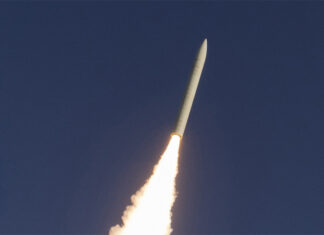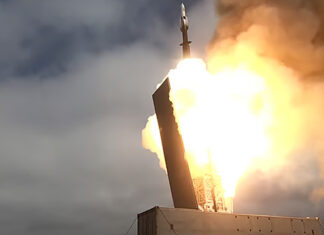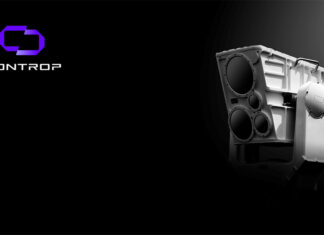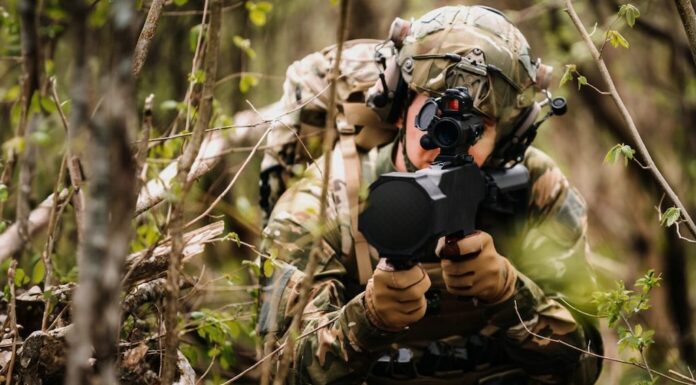Singapore Technologies Engineering Ltd (ST Engineering) today announced that it’s land systems arm has signed an agreement with Israel Aerospace Industries Ltd (IAI) to set up a joint venture company (JV) in Singapore. ST Engineering and IAI shall each hold a 50% share of the JV.
The JV, named Proteus Advanced Systems Pte Ltd, will leverage the strengths and track record of its parent companies to market and sell advanced naval missile systems, including a new 5 GEN anti-ship missile system called ‘Blue Spear’. According to sources associated with the new JV, Blue Spear (5G SSM) introduces an advanced and novel approach that addresses the challenges of the modern naval arena for years to come. The Blue Spear anti-ship missile is co-developed by ST Engineering and IAI under a development agreement signed between the two countries a few years ago. Based on this work-sharing agreement ST Engineering’s role includes design, development, and production of major subsystems like the booster motor and warhead.
The South-East Asia region and, specifically Singapore, is considered a rapidly growing market for submarines and naval vessels. The JV addresses this potential with mature products that can be adapted to meet specific customer needs. The Proteus JV Company leverages the strengths of both partners, to offer highly competitive and advanced defense systems.
![]() Subscribe to get more background on this announcement
Subscribe to get more background on this announcement

As Singapore relies on U.S. RGM-84C Harpoon today, Israel also used the Harpoon to arm its naval vessels. However, with the introduction of advanced versions of Gabriel, namely Gabriel 5, the Israel Navy has converted some of its vessels to this weapon. Israeli anti-ship missiles were also successful by the Finish Navy, for the upgrading of Hamina-Class fast attack missile boats.
As an advanced attack missile, Gabriel 5 is designed to penetrate modern target’s defenses, both soft- and hard-kill countermeasures. It was designed with sophisticated electronic counter-countermeasures (ECCM) dealing with chaff, advanced decoys, and active ECM. Gabriel 5 and Barak 8 both developed by IAI, were developed by IAI’s Missile, Systems, and Space Group as part of a combined, offensive, and defensive naval system for the Israeli navy and for export.
As new weapons deliveries can be expected only toward the second half of this decade ST Engineering said the setup of the Proteus JV is not expected to have a material impact on the consolidated net tangible assets per share and earnings per share of ST Engineering for the current financial year. By announcing the JV through a commercial agreement between government-owned companies rather than a Government-to-Government agreement, the change looks less dramatic but it certainly represents a strategic change in Singapore’s policy, that until now, has kept its close relations with Israel under a veil of secrecy.




















